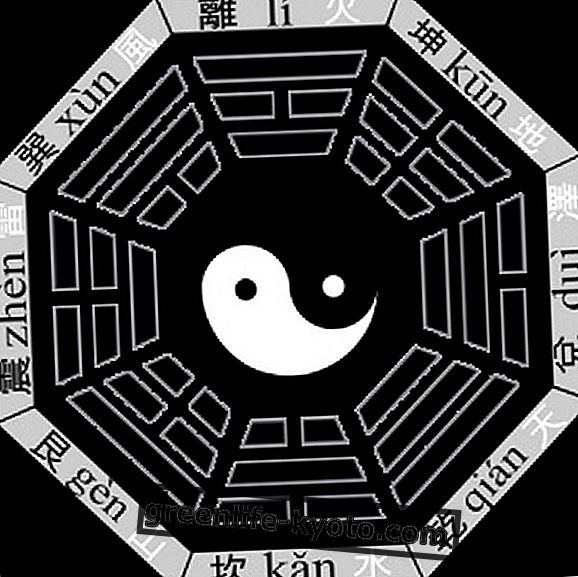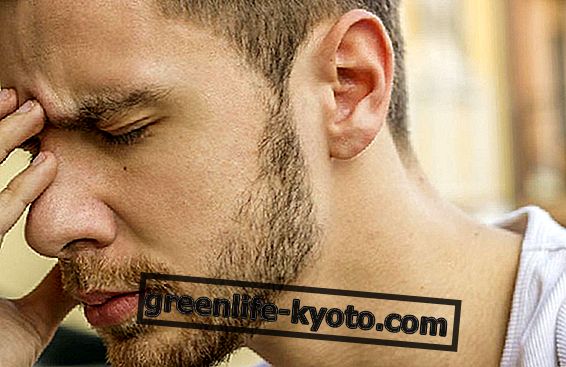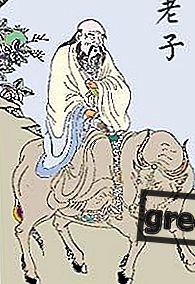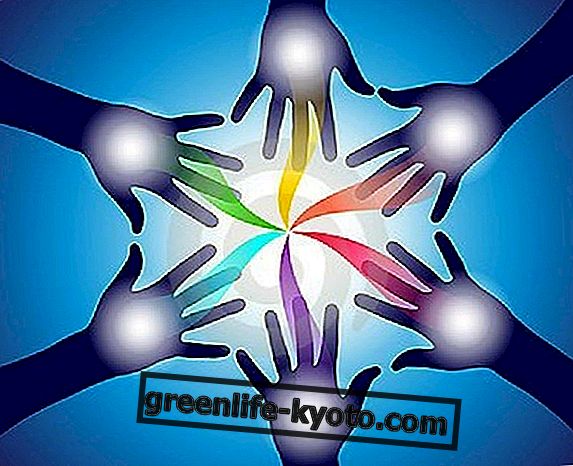
Was the chicken or the egg born first? I don't sleep and I fall into depression or am I depressed and then I don't sleep ?
Let's analyze the two disorders and understand their correlation, because in fact the relationships can be ambivalent and eventually trigger a self- perpetuating vicious circle .
The function of sleep
Sleeping from 6 to 8 hours is vital for our brain, our body and its complex neurovegetative systems.
Sleep is a regenerator of energy: it allows us to rest from the toils of the day, to recover our strength to face our daily tasks.
Sleep allows our brains to better develop learning and memory activities .
Consequences of insomnia
It goes without saying therefore that when we do not sleep properly and for the right number of hours until it results in a real insomnia, we depress our circadian balance, to the detriment of our complex vegetative, cerebral, hormonal and cognitive systems.
Fatigue conditions due to non-rest can cause serious damage and cause irritability, nervousness, weakness and fragility .
In these conditions there is a tendency to cry easily, to show difficulty in concentrating, to feel sleepy during daylight hours. In this way a vicious circle is born which is difficult to break.
Chronic insomnia? Here are the remedies
Depression: the evil of living
Depression is a real pathology and as such must be addressed and treated. It is necessary to consult a specialist and follow a correct pharmacological cure, we forget the "do-it-yourself", because it can be very dangerous.
This premise is a must because we often deal with natural remedies and even in these cases we can introduce them, but as a corollary of medical prescriptions and to help in the remission phase the gradual reduction of specific treatments; we can then intervene to prevent possible relapses .
Depression is one of those devious evils that takes possession of our mind first and then of our body; we seem to fall into a black hole, made of ugly, disastrous, negative memories, of an elusive, difficult, overwhelming present and of a future without planning, which weighs us down and tires us.
Those who suffer from depression often tend to shut themselves up at home, in their world, and even if this world of four walls is "too much", it hides in daytime sleep. A long, disturbed sleep, which leads to headaches and consequent insomnia at night .
The night is also an instrument of amplification : in the dark, in total silence, the difficulties are magnified, desperation takes over, the need to sleep and not succeed because we have already slept a lot during the day.
Insomnia thus further aggravates the depression and one must resort to drugs that induce sleep, dampen depressive states and slow down some of our cognitive functions.
Natural remedies for insomnia and depression
We therefore try to take care of our rest . Let us help ourselves with some simple tricks, how to respect the sleep-wake cycle, go to sleep and always get up at the same time, do not use instruments such as computers, televisions, cell phones in the bedroom before going to bed because they excessively stress our brains, let's drink an herbal tea relaxing with chamomile, lemon balm, hop or valerian.
At the seasonal changes, if we are subjected to mood swings, melancholic forms we resort to the aid of Griffonia, a modulator of mood that can sustain us in conditions at risk.
Griffonia is a source of 5 HTP (5 hydroxytryptophan), an essential amino acid precursor of serotonin, able to help us in conditions of psychophysical fatigue, to infuse serenity, sedate depression and allow a regenerating sleep .













